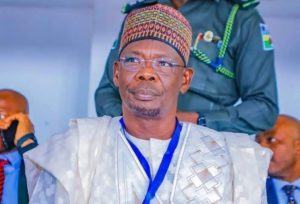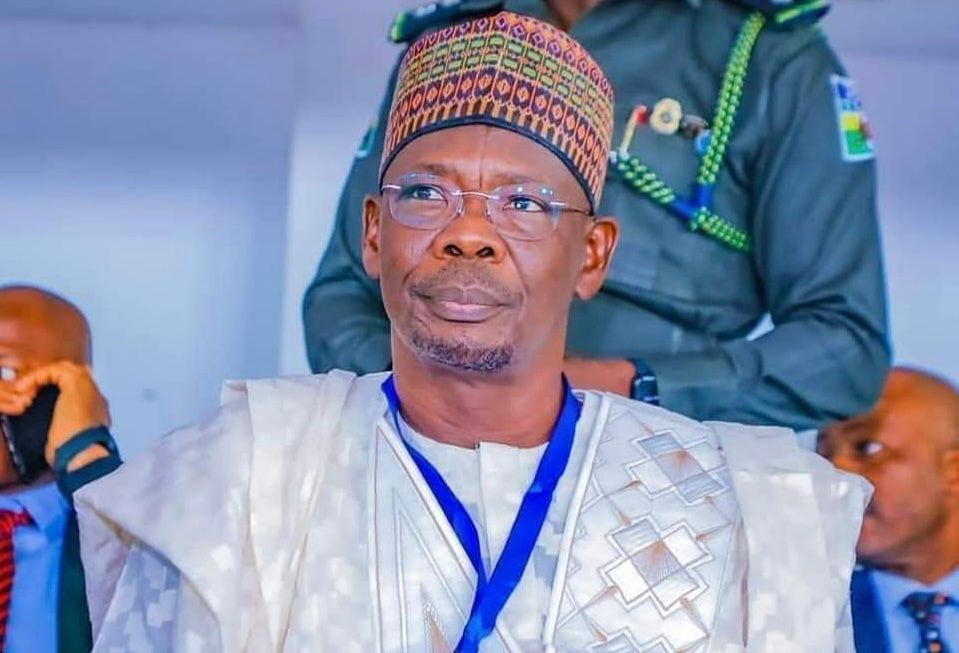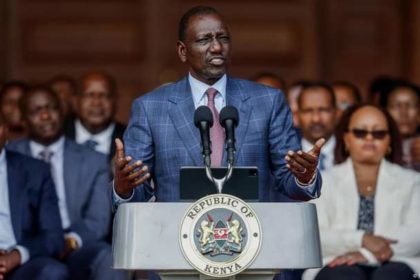
By Haruna Dabas
LAFIA, Nasarawa State—Governor Abdullahi Sule of Nasarawa State has dissolved the State Executive Council and relieved Muhammad Aliyu-Ubandoma, the Secretary to the State Government (SSG), of his duties. The decision, effective from January 3, 2025, marks a key moment in the state’s political trajectory.
The dissolution was announced through a statement signed and made available by Mohammed Iliyasu-Idde, Permanent Secretary of Cabinet Affairs and Special Services, in the Office of the SSG. It confirmed the immediate termination of appointments for all commissioners and other members of the executive council.
Governor Sule expressed profound appreciation for the outgoing council members, commending their efforts in advancing the state’s developmental agenda. “The administration recognizes and values the contributions of the outgoing council members toward the growth of Nasarawa State. We wish them success in their future endeavors,” the statement read.
The governor’s directive also outlined the procedures for the transition of responsibilities. Outgoing commissioners have been instructed to transfer the administration of their respective ministries, along with any government property in their custody, to the permanent secretaries overseeing those ministries. Similarly, the former SSG, Aliyu-Ubandoma, has been directed to hand over to Mohammed Iliyasu-Idde, the Permanent Secretary for Cabinet Affairs and Special Services.
While the announcement did not specify the reasons for the sweeping dissolution, political analysts suggest that the move might be part of Governor Sule’s broader strategy to reconfigure his administration as he enters a critical phase of governance.
The dissolution could be aimed at bringing in fresh perspectives, enhancing efficiency, or addressing potential internal discord within the executive arm.
Observers in Nasarawa State view the development as a recalibration of leadership to strengthen the administration’s ability to deliver on its promises. With growing expectations from citizens for improved governance, the governor’s decision underscores the urgency of consolidating efforts to tackle challenges in sectors such as infrastructure, healthcare, and education.
Political insiders note that such a comprehensive shake-up is not uncommon in the mid-term or late-term periods of governance. It offers an opportunity for the governor to assess the performance of his team and make adjustments to align with evolving priorities.
However, the removal of the SSG, a critical figure in the state’s administrative hierarchy, has added an element of intrigue, with speculation rife about the factors that influenced the decision.
Reactions from stakeholders and residents of Nasarawa State have been mixed. While some commend the governor for taking decisive action to ensure accountability and reinvigorate his administration, others express concerns about the potential disruption to ongoing projects and initiatives.
“This decision shows that the governor is serious about delivering results, but we hope it doesn’t lead to delays in key projects, especially those already in progress,” said Musa Ahmed, a political analyst based in Lafia.
As the state awaits the announcement of new appointees to fill the vacant positions, attention is focused on the criteria that will guide the selection process. There is widespread anticipation that Governor Sule will prioritize competence, inclusivity, and a commitment to addressing the pressing needs of Nasarawa’s citizens.
For now, the dissolution of the executive council represents both a challenge and an opportunity for the administration.




